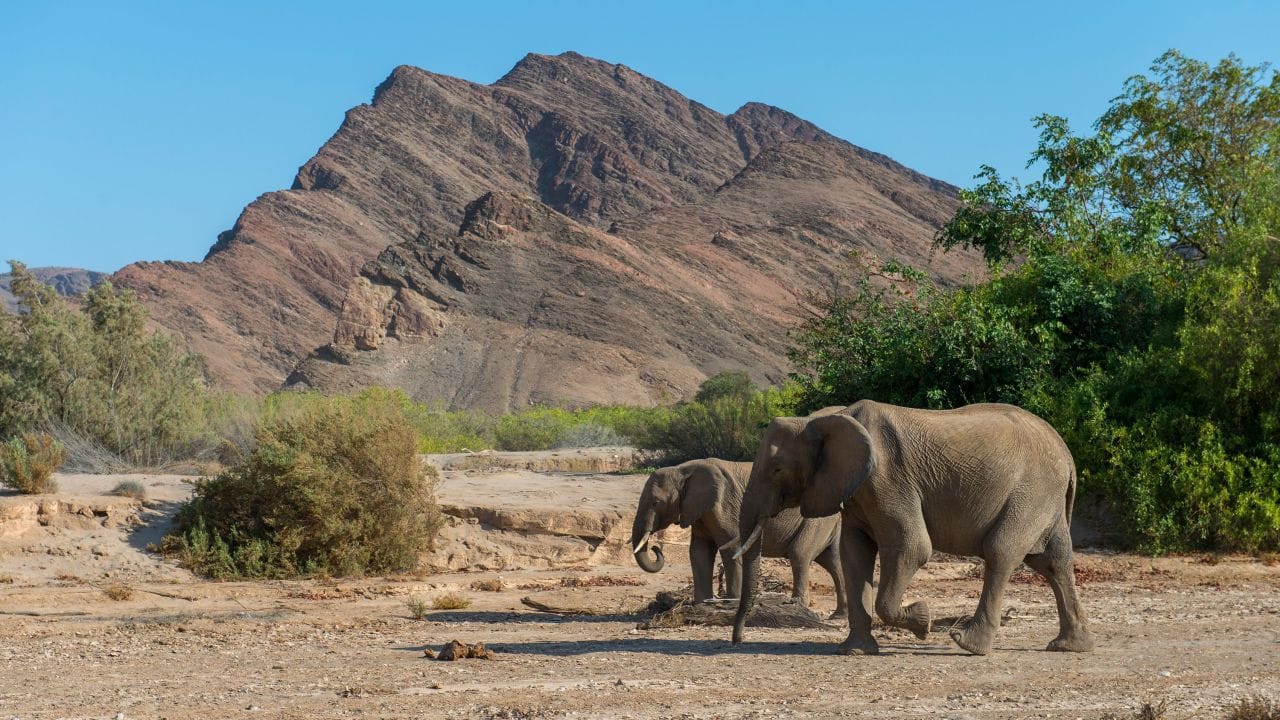BY DRAXON
Windhoek, Namibia – In a controversial move, Namibia’s Ministry of Environment, Forestry and Tourism has announced plans to cull more than 700 wild animals, including elephants, zebras, and hippos, to address the country’s escalating food insecurity crisis.
This decision comes as Namibia faces its worst drought in a century, severely impacting both human and wildlife populations.
The planned cull includes 83 elephants, 30 hippos, 60 buffalo, 50 impala, 100 blue wildebeest, and 300 zebras. The meat from these animals will be distributed to communities struggling with food shortages, providing much-needed relief to those affected by the drought.
Namibia’s decision has sparked a debate on the ethical and environmental implications of culling wildlife to feed humans. While some argue that this measure is necessary to prevent starvation and alleviate human suffering, others raise concerns about the long-term impact on wildlife populations and biodiversity.
The Ministry of Environment, Forestry and Tourism has defended the cull, stating that it is a difficult but necessary step to ensure the survival of both people and animals. “We are facing an unprecedented drought that has left many communities without food. This cull will provide immediate relief to those in need,” a ministry spokesperson said.
Namibia’s drought has been described as the worst in 100 years, with widespread crop failures and water shortages exacerbating the food crisis. The government has been exploring various measures to mitigate the impact, including food aid and water conservation initiatives. However, the severity of the situation has necessitated more drastic actions.
Looking ahead, as Namibia moves forward with the cull, the international community watches closely. The decision highlights the complex interplay between conservation efforts and human welfare, raising important questions about how to best manage natural resources in times of crisis.
For now, the focus remains on providing immediate relief to those suffering from food insecurity, even as the country grapples with the broader implications of its actions.




